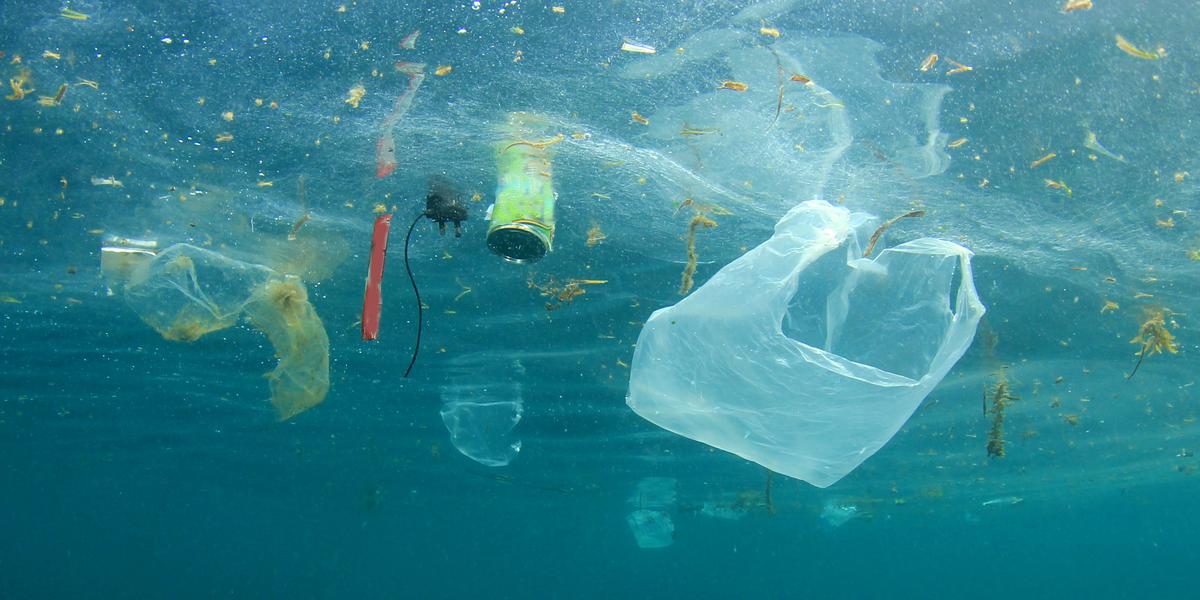 In September, the California Department of Justice sued ExxonMobil, a leading big oil company, over its contributions to the growing plastic waste problem.
In September, the California Department of Justice sued ExxonMobil, a leading big oil company, over its contributions to the growing plastic waste problem.
According to California’s Attorney General, Rob Bonta, the company has been misleading the public and promoting plastic usage for decades. Exxon is the largest producer of polymers used in single-use plastics.
But how exactly did the company mislead the public? Let’s find out!
The Lawsuit
The California Department of Justice alleged that for half a century, ExxonMobil has been promoting single-use plastics, using the “chasing arrows” symbol to deceive consumers into believing that the plastics would be recycled.
The company used its “advanced-recycling” plants to recycle plastic waste with heat or solvent-based technologies and create new products that could be charged at a higher price. Through advertisements and public information, the company asserted that plastic recycling had huge potential for saving the environment from plastic pollution.
However, what actually happened to the plastic tells a different story. In reality, 92% of Exxon’s processed plastic waste was not recycled and instead converted into fuels. All the while, millions of tons of plastic continued to be dumped into the environment, harming the climate, ecosystems, and even human health.
 Despite the company’s claims, recycling plastics was never really a viable solution. For one thing, the process isn’t economically feasible, as it costs more than plastic production. Further, the advanced recycling equipment cannot process large amounts of used plastic waste, such as chip bags.
Despite the company’s claims, recycling plastics was never really a viable solution. For one thing, the process isn’t economically feasible, as it costs more than plastic production. Further, the advanced recycling equipment cannot process large amounts of used plastic waste, such as chip bags.
The California Department of Justice alleged that the company knew about the ineffectiveness of recycling plastic, yet they continued to promote it as part of a “public relations stunt.”
Intended Outcome
The lawsuit seeks multiple billions of dollars from Exxon for unspecified damages. The money will be used to create an “abatement” fund that supports research to develop technologies that can decompose plastics and other efforts to remove plastic from the environment. Additionally, the funds would be used in a “re-education” campaign to rectify the false information spread about single-use plastics.
Following this lawsuit, four other environmental groups sued Exxon on similar grounds. Even though the lawsuit will likely face difficulties due to uncertainties with state law, many believe that the case will influence other states and cities to take action against plastic deception. This lawsuit could pave the way for the effort against plastic pollution!
Sources: NPR, Guardian, NYTimes, CA.gov











